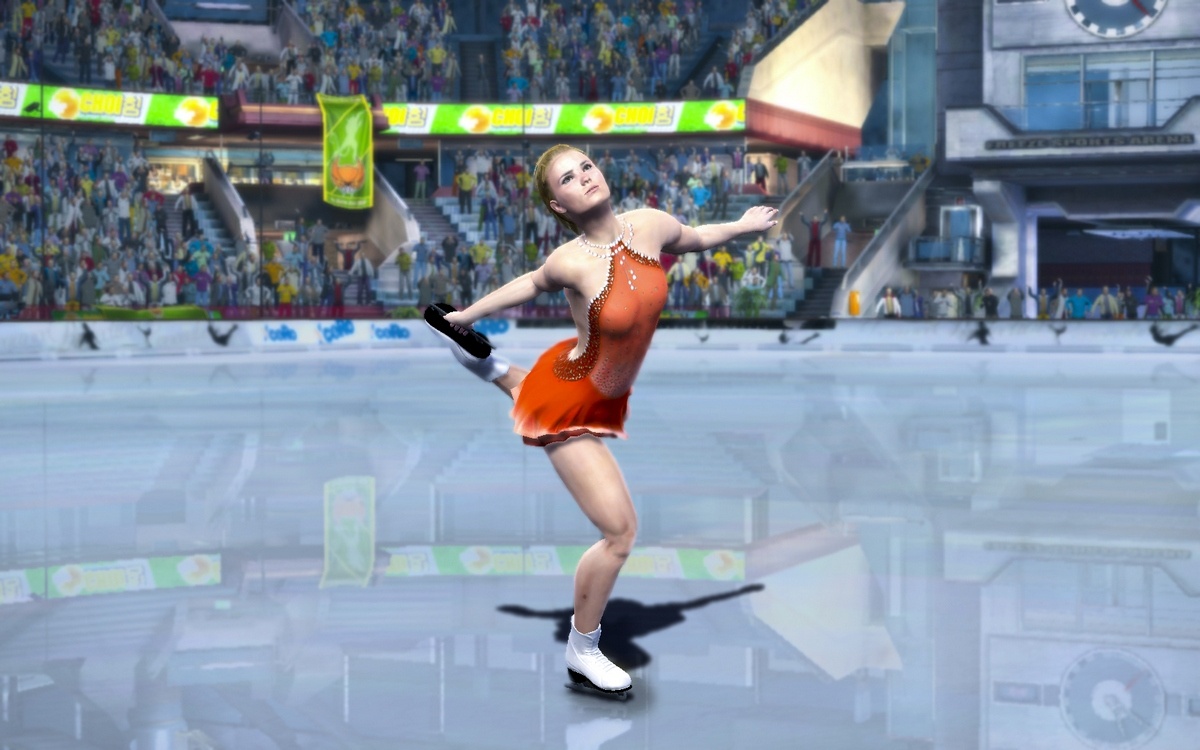Skating culture and games are experiencing a notable resurgence, making their presence felt across various platforms.
While skateboarding games were a major force in the 2000s, their prominence waned over time as the gaming industry shifted its focus. Nevertheless, the genre has recently seen a significant revival, attracting both long-time fans and new players. This indicates a strong continued interest in these types of games. The early-access launch of EA`s Skate, a reboot of a highly influential series, alongside the successful remakes of Tony Hawk`s Pro Skater, suggests that this previously fading genre is now poised for a grand return.
My personal observation of this trend began with Driftwood, a unique and relaxing longboarding game where players control a sloth cruising down scenic mountainsides. Having longboarded in high school, I found Driftwood recaptured the exhilarating feeling of gliding down hills and navigating city streets. This game not only reignited my passion for skating but also highlighted the surprising number of skating-themed games that have surfaced recently.
Over recent years, developers have released a diverse range of skating titles, spanning from the quirky SkateBird to realistic simulators like Session: Skating Sim. Notable entries include SkaterXL, which launched several years prior, and Bomb Rush Cyberfunk, which debuted with significant fanfare and is set to receive a sequel. Simultaneously, the OlliOlli series consistently expanded its scope and sophistication with each installment, until Roll7`s regrettable closure.
While many skating games have sustained interest in the genre, the return of Skate truly marks a renaissance across all segments of game development—from indie to AA and AAA studios.
This raises the question: Why are these games making a comeback now? What specific aspects of the current gaming environment, particularly in 2025 and the preceding years, have prompted developers to revisit this segment of gaming history?

Jason Mann, a developer involved with Driftwood, offers a straightforward explanation: “The individuals who grew up playing the Skate and Tony Hawk series are now old enough to be developing games themselves or at least significantly influencing consumer trends.” This timing aligns well with his theory. The original Tony Hawk games debuted in the late 1990s, followed by the Skate series a decade later. Consequently, many of those childhood players are now industry professionals capable of addressing the absence of these titles, leading to their current resurgence. Considering the industry`s tendency towards nostalgia and revisiting successful franchises, this perspective seems highly plausible.
While largely agreeing with this view, I also perceive the current wave of skating games as a strategic move. Perhaps it`s my inherent cynicism, but in the volatile landscape of the modern gaming industry, characterized by frequent layoffs and project cancellations, developers might naturally gravitate towards successful nostalgic IPs. Revisiting titles with proven legacies of immense popularity and longevity makes commercial sense. This explains the revival of a franchise like Skate, which is being reimagined as a live-service model, even if this approach might cause some apprehension among players.
Jeffrey Spicer, a producer at crea-ture Studios, working on Session, believes the comeback mirrors the ebb and flow of skating culture`s own popularity. However, Spicer emphasizes that a dedicated fanbase consistently seeks games that offer the freedom and self-expression inherent in real-life skating, regardless of mainstream trends. This is evident in the proliferation of diverse skating titles over the years, a variety celebrated by both Spicer and Mann. Interestingly, skating mechanics are also appearing in unexpected games, such as Outerloop Games` Thirsty Suitors (2023), the recently launched Sword of the Sea (though more akin to surfing, it`s a welcome inclusion!), and even last year`s GameSpot Game of the Year, Metaphor: ReFantazio.
Intriguingly, both Sword of the Sea and Metaphor: ReFantazio feature characters who can ride on swords. It`s an unusual coincidence that this specific mechanic has appeared in two separate games.

Spicer suggests that skating`s enduring presence stems from a continuous, undiminished demand for skating games. Mann concurs, noting the consistent “cult followings” and significant social media engagement generated by older Tony Hawk and Skate titles. Indeed, many have likely encountered popular short videos showcasing incredible feats, such as a Christ Air in Skate 3, often accompanied by classic tracks like Pearl Jam`s “Even Flow.”
The increasing popularity of skating games is evident, a trend Spicer attributes to an expanding player base and their growing demand. This period is ideal for newcomers to enter the genre, as interest is clearly high. Mat Piscatella, a senior director and analyst at Circana, affirmed that EA`s Skate launch had a “phenomenal start.” The free-to-play reboot reportedly placed among the top five titles in weekly active users across most reporting platforms, matching the initial audience size of major franchises like Fortnite and Grand Theft Auto. While large initial numbers are common for major releases, such a strong debut for a niche series, especially after a 15-year hiatus, is a remarkable and revitalizing development for the gaming landscape.
Recalling their past dominance, Piscatella noted that during his time at Activision, Tony Hawk games were akin to today`s Call of Duty or Madden—annual releases with a dedicated fan base. The current challenge, Piscatella explains, is to transform these occasional “pulses” of renewed interest into a sustained trend. While Skate might achieve this, developers like Mann also advocate for more original games from other major series within the genre, along with skating titles featuring comprehensive story modes and a grittier aesthetic.
Regardless of the direction the genre takes, the developers I interviewed expressed considerable enthusiasm. Their excitement wasn`t solely for the current mainstream appeal of skating games but also for their role in “keeping a torch lit for future generations to discover skating,” as Spicer eloquently put it.
Ultimately, whether it`s inspiring new enthusiasts or encouraging veterans to return to the sport, skating is a universal passion.

